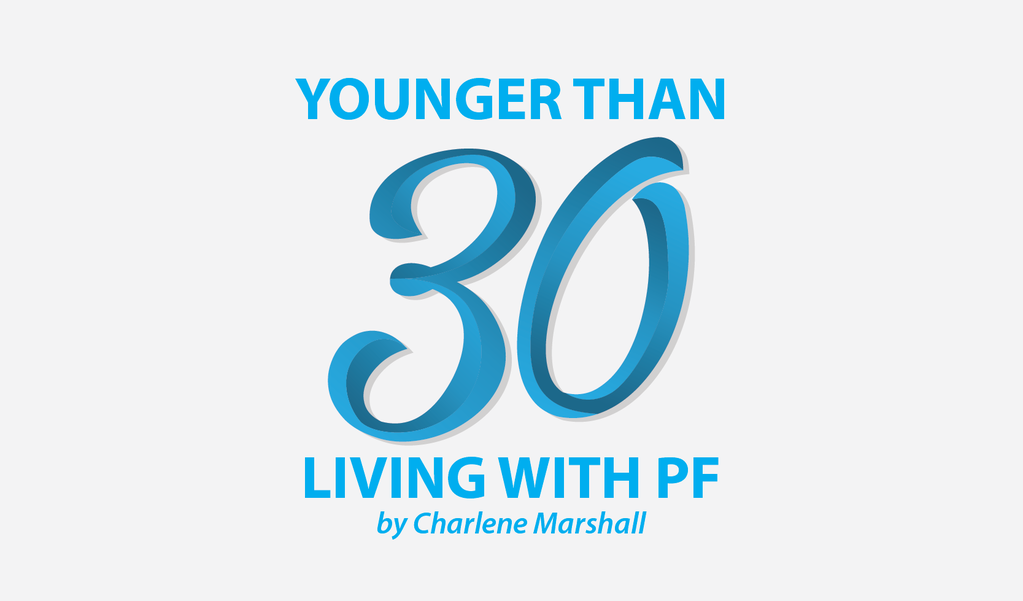Supplemental Oxygen and the Life of a Young Adult
Written by |


Given the stage of life I am in, many people are curious to know what type of work I do for a living. This curiosity often comes naturally to people when interacting with young adults — especially when they know about the years of schooling that many of us endure to secure a career in our fields. Many of my peers are also in this stage of life and are excitedly landing their first full-time career positions. As a result, they focus primarily on their work and establishing themselves as a young professional.
I think for someone with a chronic illness, such as idiopathic pulmonary fibrosis (IPF), the questions regarding a career are well-intended, but can also feel a little uncomfortable. This is especially true when talking to others about how I am able to work and do normal life tasks with IPF. That said, I had an experience last week in which I reframed my response to their questions with a goal to educate. I found that this approach significantly reduced the discomfort and tension that can often arise when people ask questions about my chronic illness.
The focus of this column comes from a conversation I had with my neighbors the other day when I came home from work early. They began asking questions about my health, while I had my supplementary oxygen on. They suddenly blurted out, “What do you do for work? Being on oxygen must keep you from a career in the field you wanted.”
My neighbors are aware that I spent time in Australia last year to complete my master’s degree. They had assumed that my lung condition and being on oxygen are a barrier to obtaining the type of career that I spent years in school for. My initial reaction was to respond with emotion and to clarify that I am in a career that I thoroughly enjoy — and my oxygen has nothing to do with what I am able to achieve in my workplace.
Instead of responding with a slight feeling of anger, since I am aware that my neighbors’ statement was not to provoke upset, I decided that this could be a teachable moment. They had never seen a young adult on oxygen before, nor did they realize how portable oxygen could be. They were fascinated that I could drive, shower, walk, and live almost independently — all with an oxygen tank at my side.
While I admitted to them that living independently has become more difficult with the progression of my disease, I also clarified that as long as I am on my oxygen, I can still do a lot of normal activities. They proceeded to ask questions about how I accomplished certain tasks while lugging around a portable oxygen tank or concentrator. After choosing this as an opportunity to educate, I happily answered their questions and the discomfort and tension eased away. More importantly, their assumptions about what people can and cannot do on oxygen also were significantly reduced following our conversation.
Many people assume that IPF would prevent me from participating in the “normal” activities of a young adult’s life, such as establishing a career, attending bachelorette parties and birthdays, having a relationship, and living independently. I won’t lie and say that it hasn’t significantly impacted these things — it has. But right now, they are still achievable tasks for me. More importantly for others to note: When I am no longer able to do these things, it won’t be because I am on supplemental oxygen. Instead, it will be because of the decline in lung function.
The conversation that I had with my neighbors was a real eye-opener in terms of learning about what others think being on oxygen means, and how they assume it can be extremely life-limiting. While it can be difficult learning to live with a nasal cannula, I am very grateful to the advancements of supplemental oxygen and the portability of oxygen tanks and concentrators so that I can continue living my life the best I can.
***
Note: Pulmonary Fibrosis News is strictly a news and information website about the disease. It does not provide medical advice, diagnosis, or treatment. This content is not intended to be a substitute for professional medical advice, diagnosis, or treatment. Always seek the advice of your physician or other qualified health provider with any questions you may have regarding a medical condition. Never disregard professional medical advice or delay in seeking it because of something you have read on this website. The opinions expressed in this column are not those of Pulmonary Fibrosis News, or its parent company, Bionews Services, and are intended to spark discussion about issues pertaining to pulmonary fibrosis.






Leave a comment
Fill in the required fields to post. Your email address will not be published.